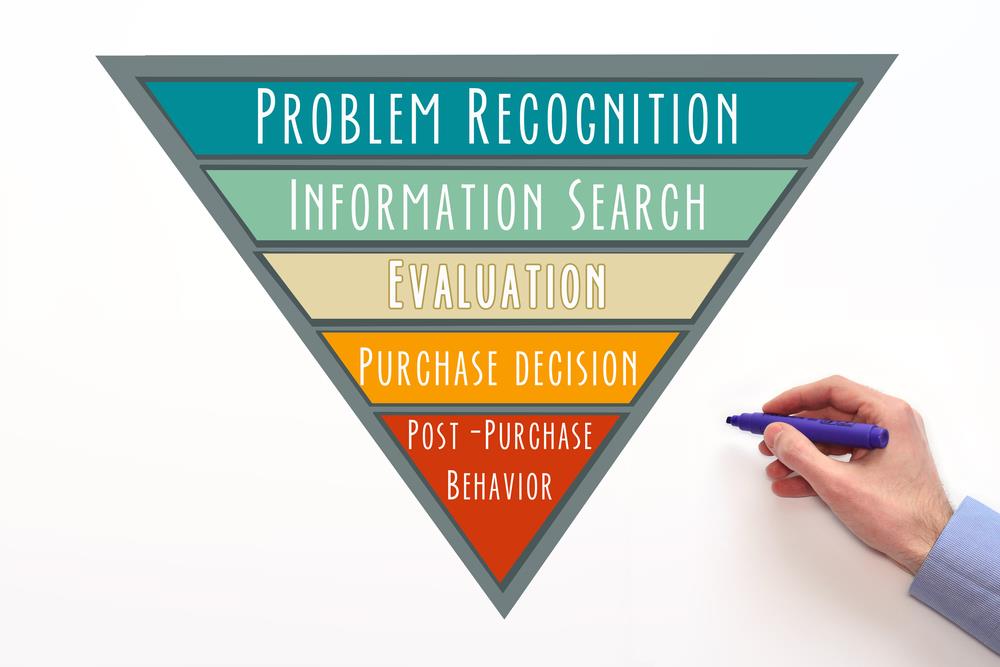When a company needs to tighten up the way it already purchases something significant or purchase something new, it usually considers multiple suppliers. It evaluates everything – best price, expected reliability, and so on.
This can be quite a lengthy process if there are a lot of potential suppliers, but, because it's the only reliable way to optimise pricing and delivery, it's a smart use of resources.
The problem comes when organisations carry out supplier evaluations only once, preferring to stick with the decision made after that. Things change!
This can be quite a lengthy process if there are a lot of potential suppliers, but, because it's the only reliable way to optimise pricing and delivery, it's a smart use of resources.
The problem comes when organisations carry out supplier evaluations only once, preferring to stick with the decision made after that. Things change!
Why Strategic Sourcing Matters?
If supplier evaluation is completed thoroughly, it generally ensures that new supplier relationships start off on a positive note. However, that doesn't mean things will stay that way.
Our modern business environment often requires suppliers to adapt - increasing prices and lead times, for example - and these changes to initial agreements might not work for your company. Minor inconveniences can quickly snowball into very real problems.
This is why supplier evaluation shouldn't end after relationships begin. Companies need policies and systems in place to protect themselves against suppliers suddenly becoming incapable of delivering what's needed.
So what needs to be done to get the ball rolling? The first priority is a proper Supplier Relationship Management (SRM) software tool.
SRM software integrates information in numerous areas: delivery schedules; inventory; capacity; commitment to schedules; delivery; quality and performance of suppliers; quotation management or request for quotation (RFQ); and tracking and monitoring.
If supplier evaluation is completed thoroughly, it generally ensures that new supplier relationships start off on a positive note. However, that doesn't mean things will stay that way.
Our modern business environment often requires suppliers to adapt - increasing prices and lead times, for example - and these changes to initial agreements might not work for your company. Minor inconveniences can quickly snowball into very real problems.
This is why supplier evaluation shouldn't end after relationships begin. Companies need policies and systems in place to protect themselves against suppliers suddenly becoming incapable of delivering what's needed.
So what needs to be done to get the ball rolling? The first priority is a proper Supplier Relationship Management (SRM) software tool.
SRM software integrates information in numerous areas: delivery schedules; inventory; capacity; commitment to schedules; delivery; quality and performance of suppliers; quotation management or request for quotation (RFQ); and tracking and monitoring.
It's the integration of this real-time information that's key. Consolidating information, automating processes and gathering intelligence on supplier relationships brings countless benefits in terms of the strength of relationships with suppliers, data insights, efficiency and costs.
Implementing SRM software makes it easier than ever to periodically evaluate suppliers in the most accurate way possible. That's why you need it.
Implementing SRM software makes it easier than ever to periodically evaluate suppliers in the most accurate way possible. That's why you need it.




